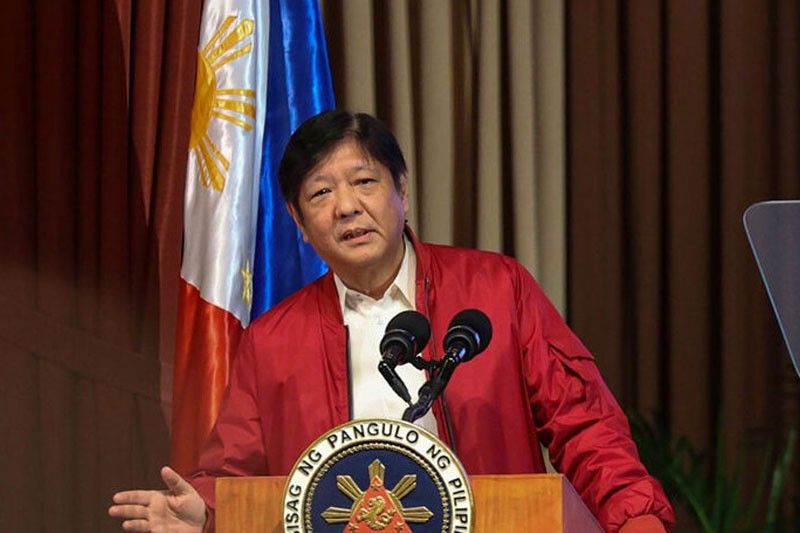Marcos to ramp up digitalization of government

MANILA, Philippines — The Marcos administration will ramp up measures this year to digitalize the government to ensure efficient and fast delivery of services to the public, Malacañang said yesterday.
“The administration of President Marcos has made a commitment to transform government services in 2023 to ensure responsiveness and accessibility to the public,” the Office of the Press Secretary (OPS) said in a statement.
Improving bureaucratic efficiency is part of the administration’s Eight-Point Socioeconomic Agenda in the near-term, putting a premium on digitalizing, harmonizing and standardizing government data.
“In 2023, the government shall remain steadfast and continue to pursue streamlining initiatives to ensure the delivery of efficient government services to the people and fight corruption by eradicating all forms of red tape,” the OPS said, citing the administration’s yearend report.
These include the strengthening of TradeNet, a one-stop online shop that aims to reduce processing time and harmonize procedures for processing import and export transactions.
The Anti-Red Tape Authority, in coordination with other government agencies, will pursue the National Policy on Regulatory Management System, which provides for a common framework for good regulatory practices and enforcement and compliance strategies.
It will also push the Anti-Red Tape Electronic Management Information System to provide a live database and mapping of all government services indicated in the Citizen’s Charter.
In addition, Philippine Good Regulatory Principles will be implemented to promote proportionate, consistent, accountable and targeted regulations through an effective dialogue between regulators and entities.
The Department of Trade and Industry will likewise pursue this year the implementation of the proposed executive order creating the Green Lane for Strategic Investments aimed at creating a more favorable business ecosystem.
In line with local government units’ devolution of functions, the national government will scale up its assistance to local governments through needs-based and targeted interventions, such as the Growth Equity Fund.
To optimize the government’s Information and Communications Technology resources, the government will continue to develop and implement interoperable systems that will further implement seamless sharing of data sources, such as the Philippine Identification System and electronic Business Permits and Licensing Service.
The administration will also address the fragmentation of the justice system through the implementation of the National Justice Information System and Middleware Exchange Platform.
On budget reforms, the Department of Budget and Management will focus on rolling out digital systems that will promote prudent fiscal management and improve budget reliability through the enactment of the Progressive Budgeting for Better and Modernized Governance Bill, developing and implementing the Budget and Treasury Management System and pursuing the National Government Rightsizing Program.
Marcos is pushing for the swift passage of the proposed E-governance Act to allow the country to catch up with other nations in digital economy and to ensure fast, transparent and efficient government service.
- Latest
- Trending





























